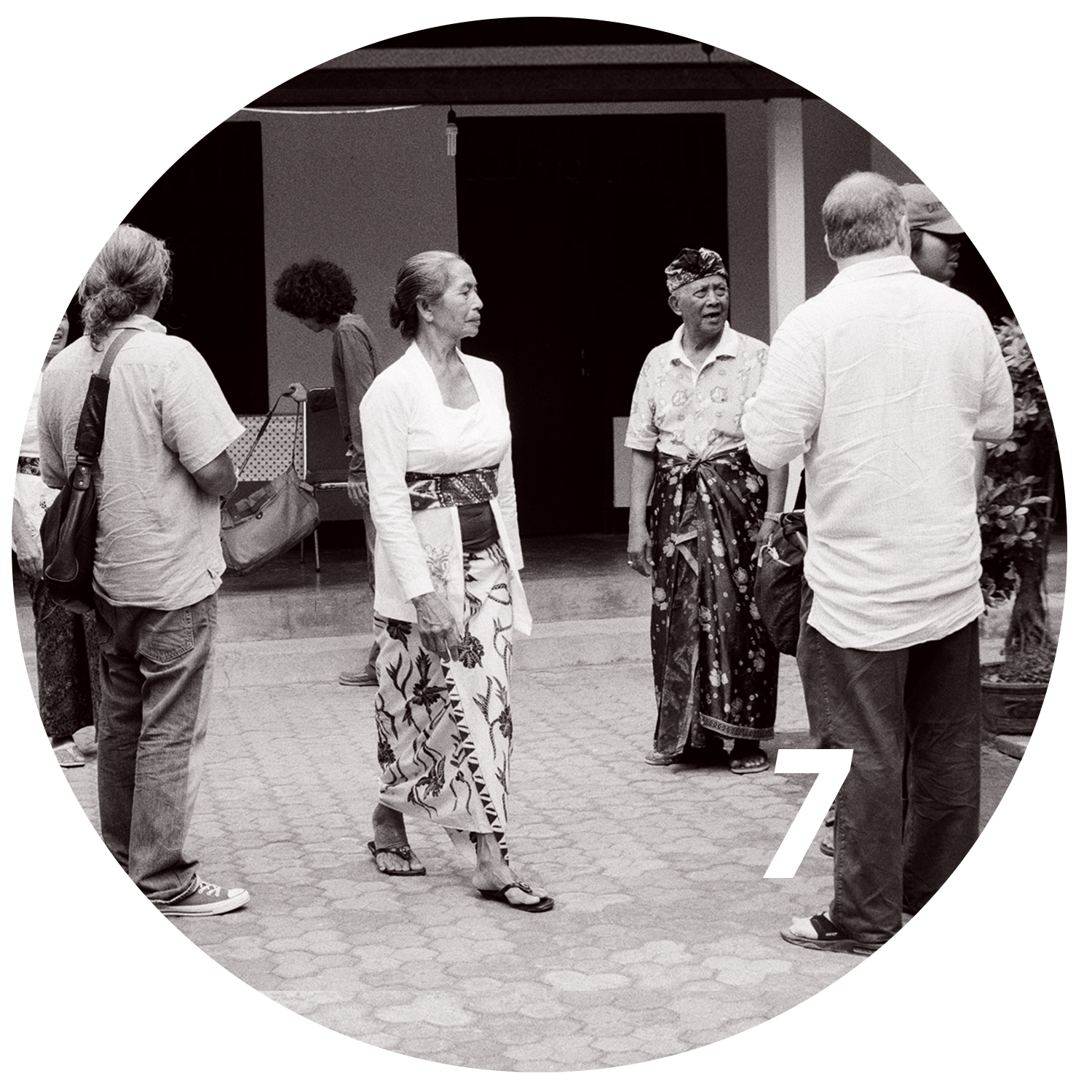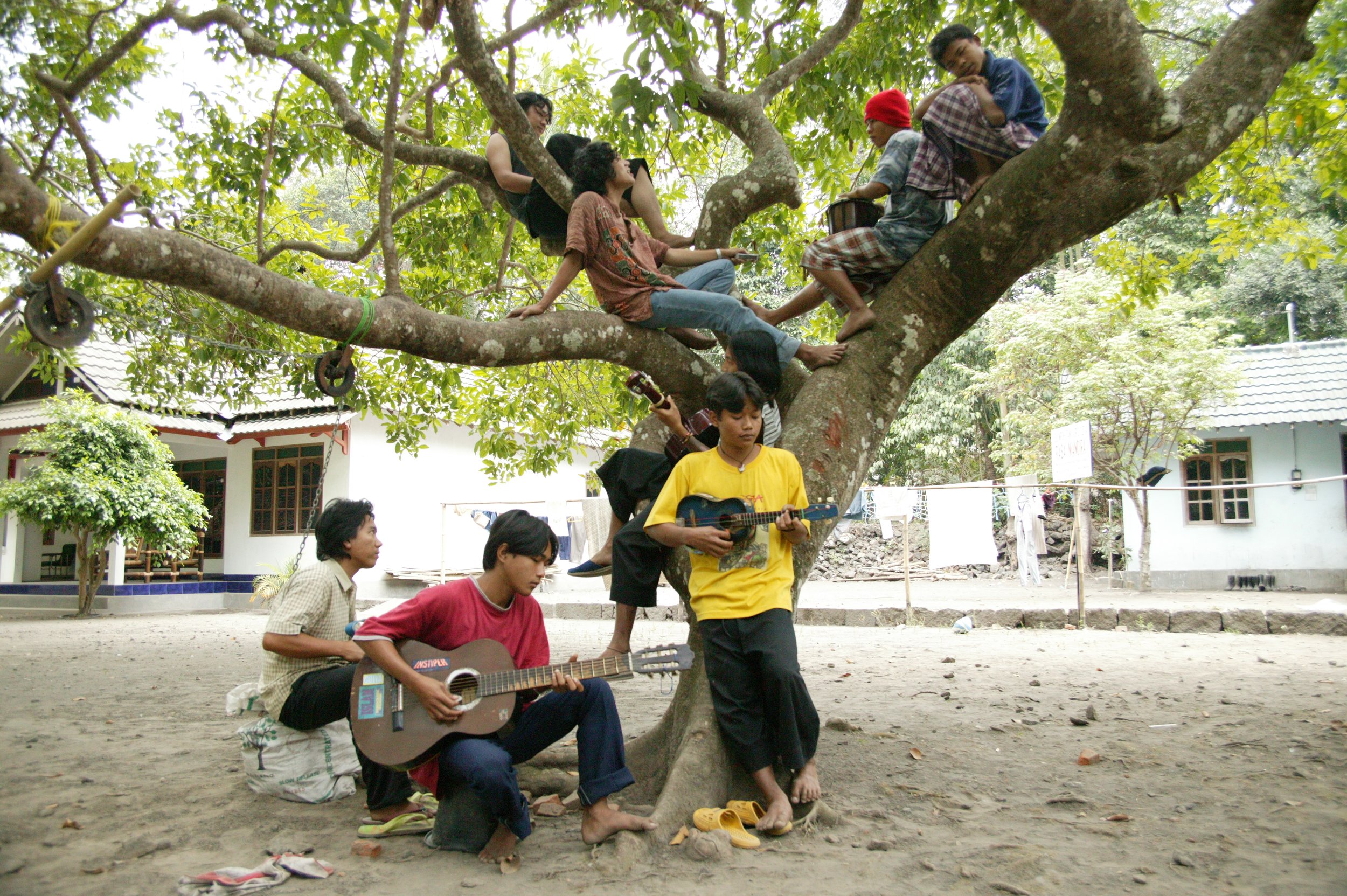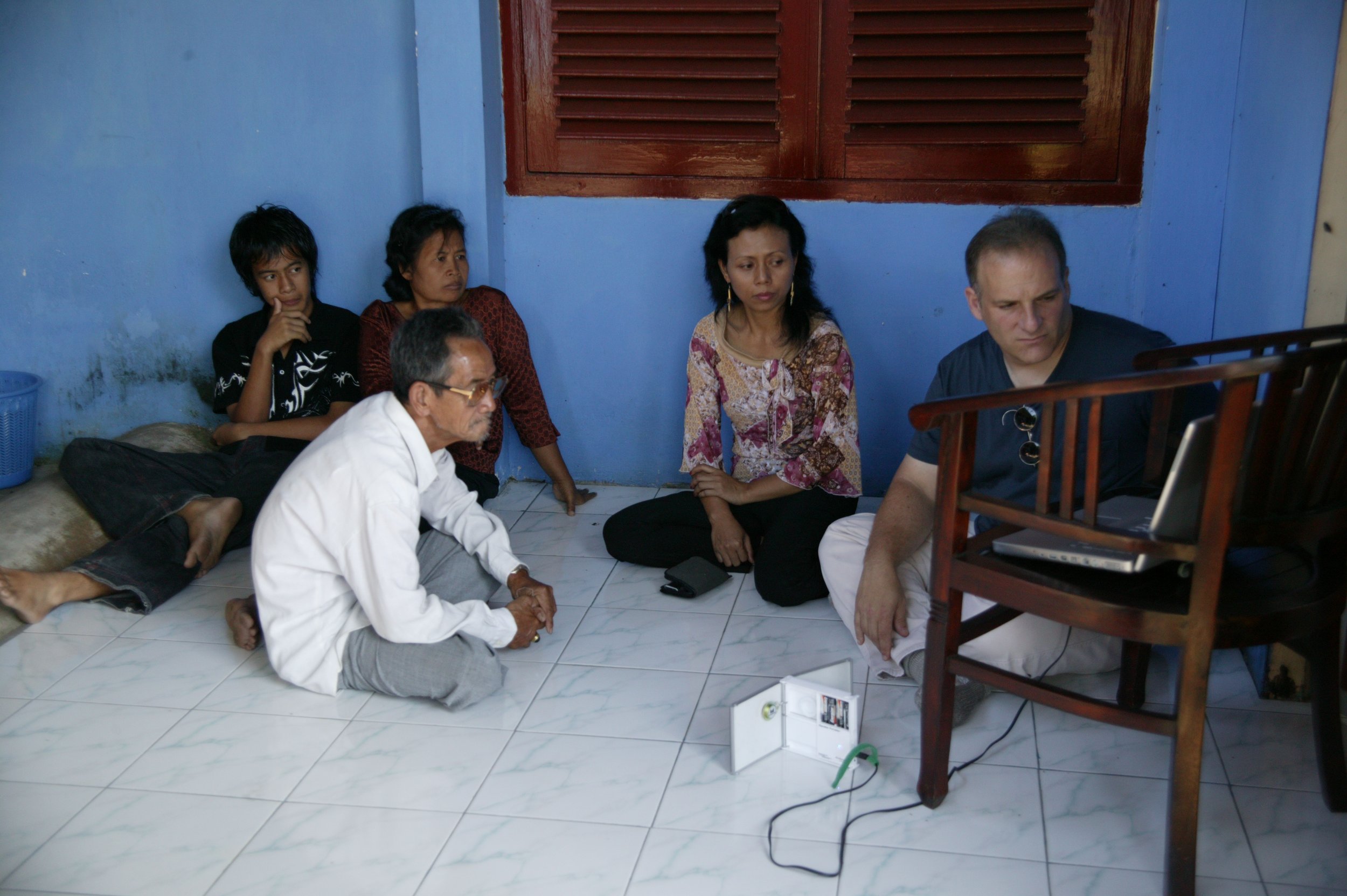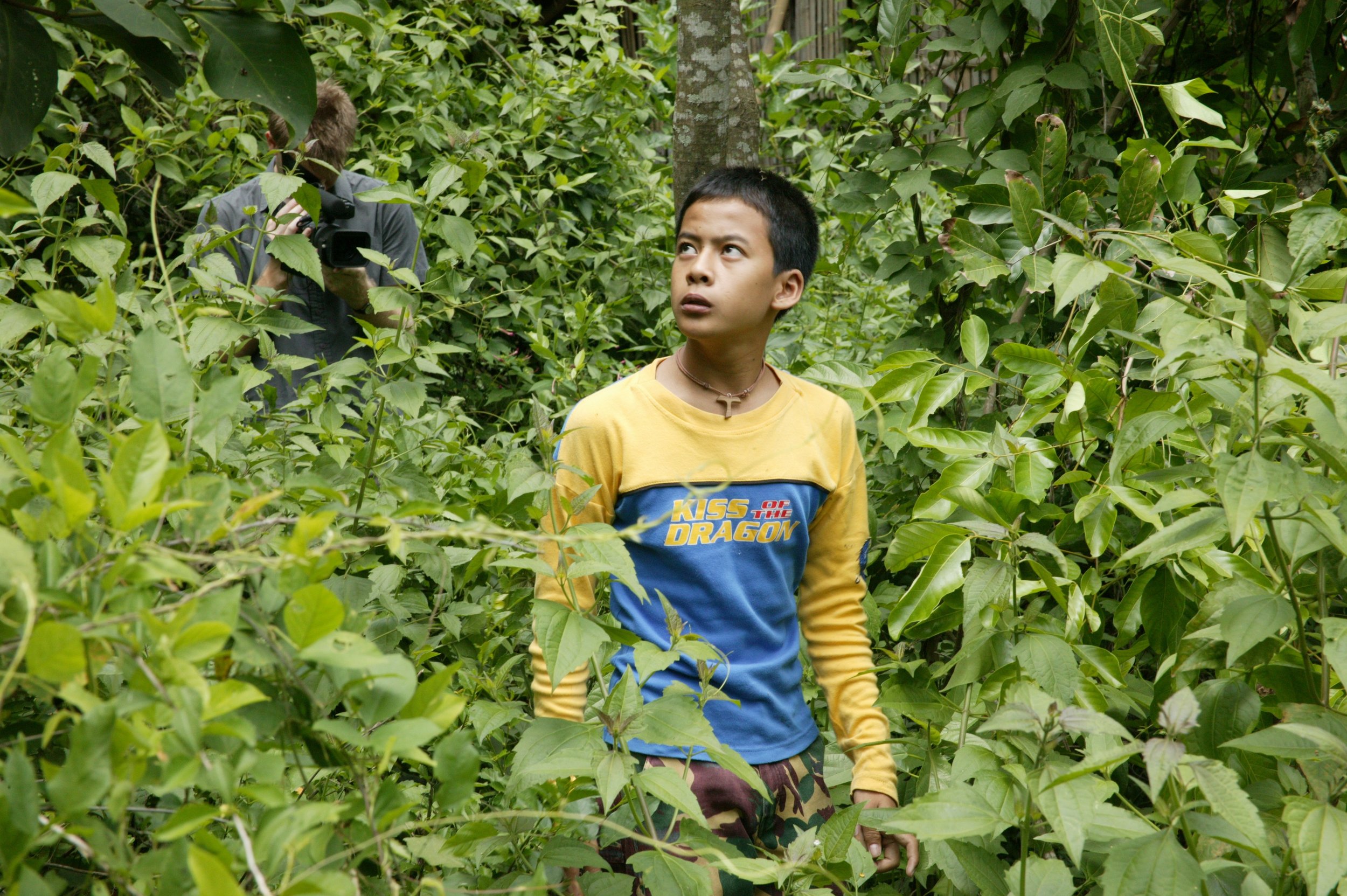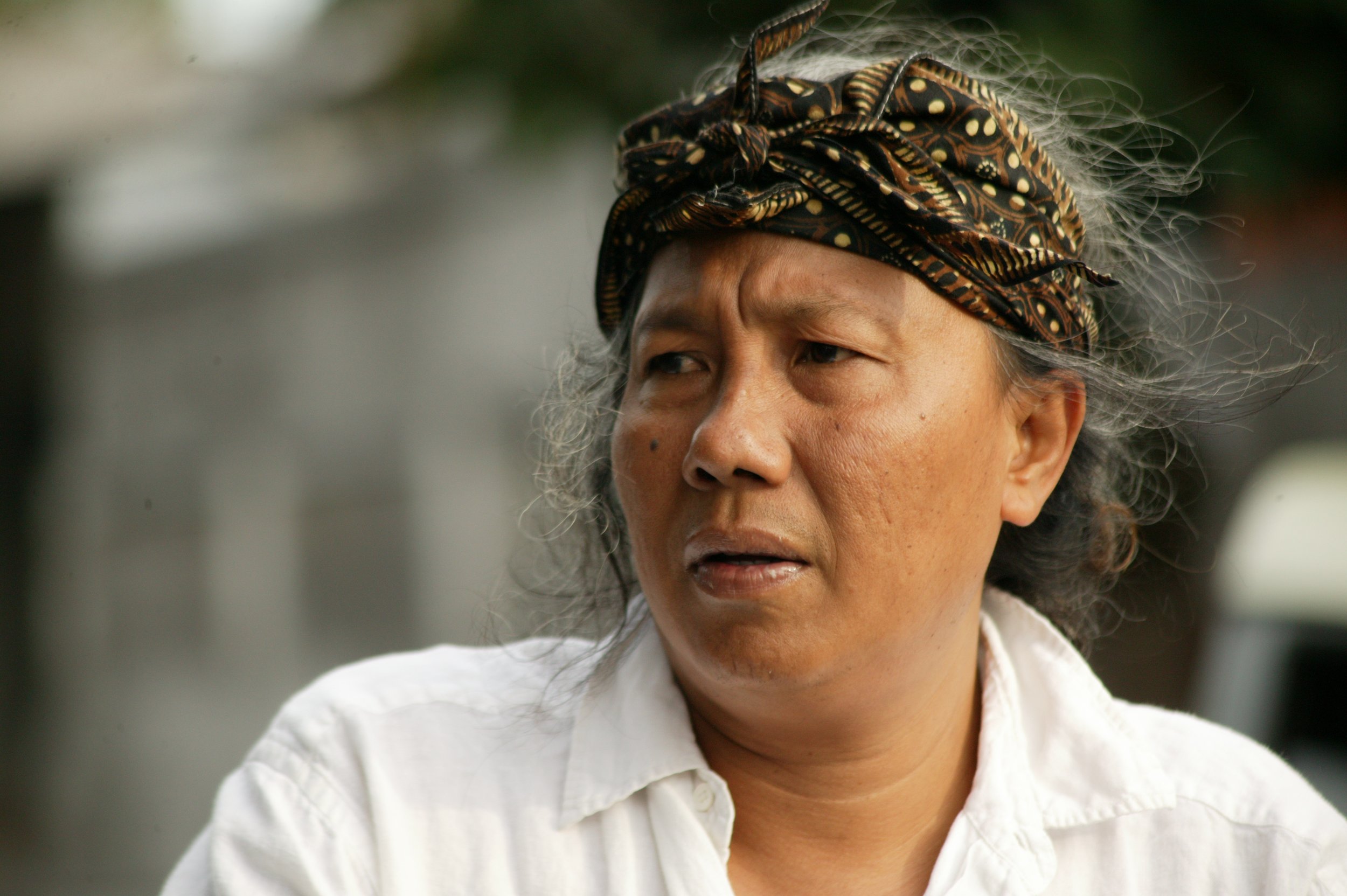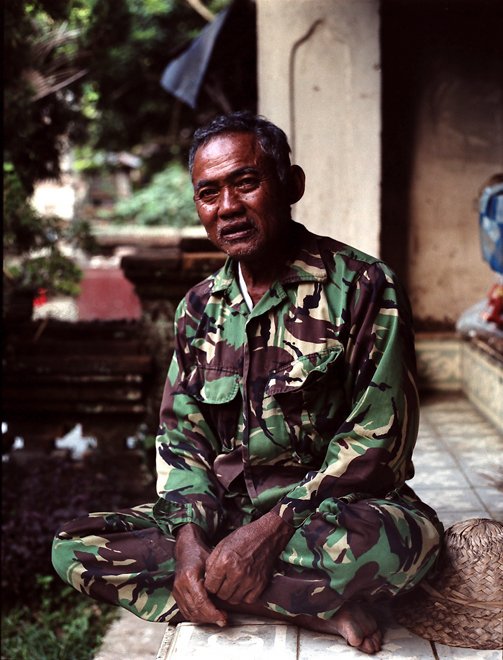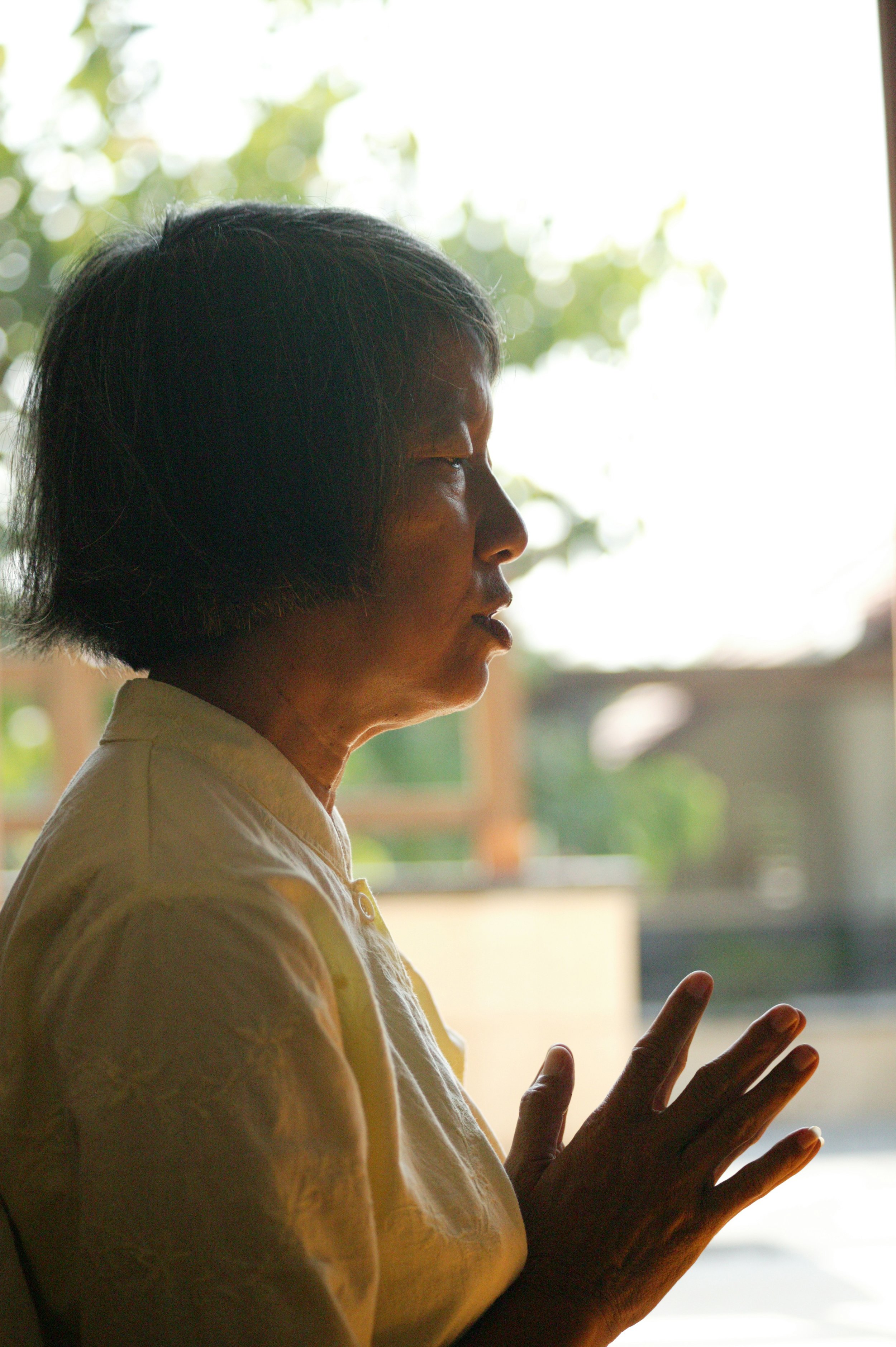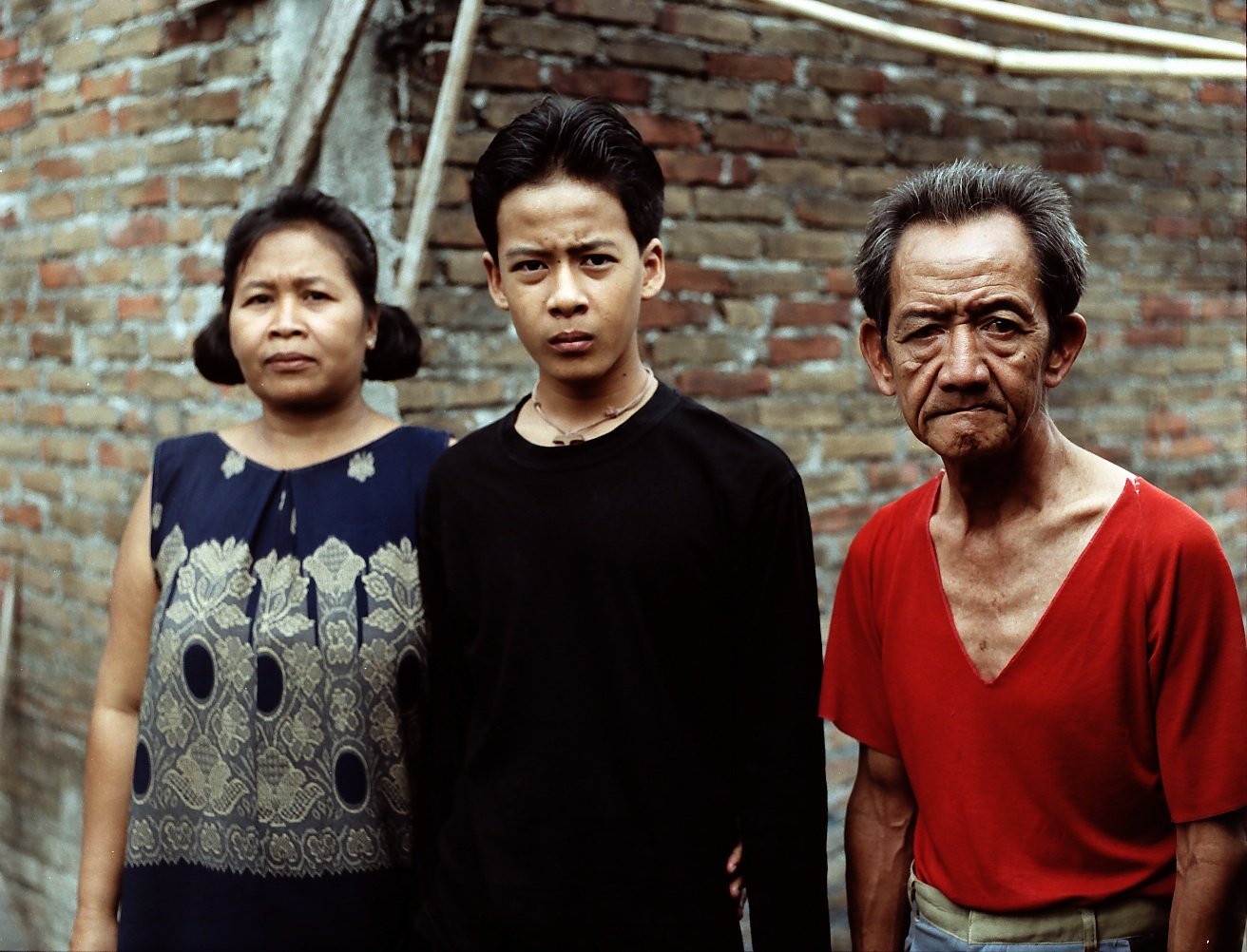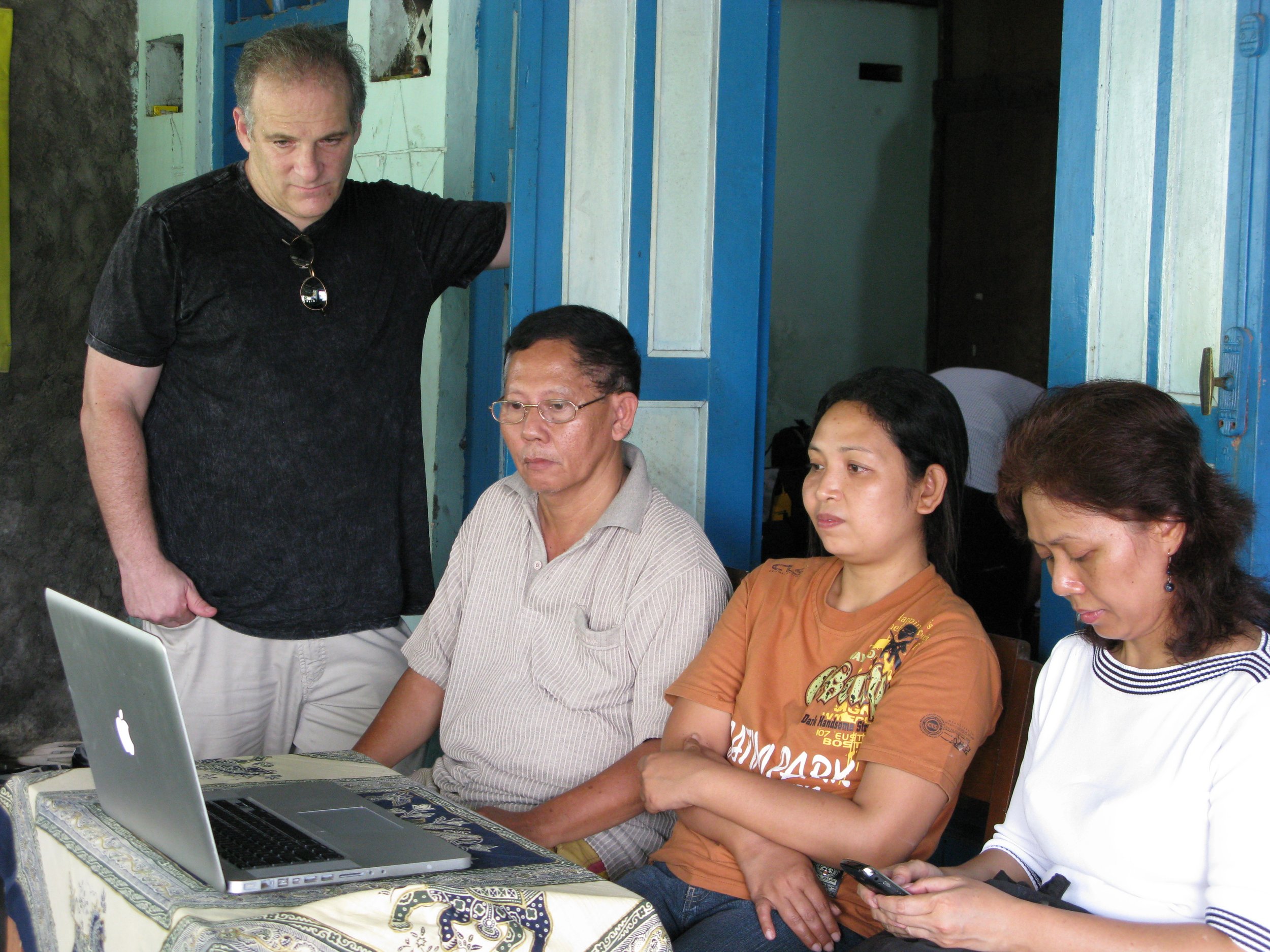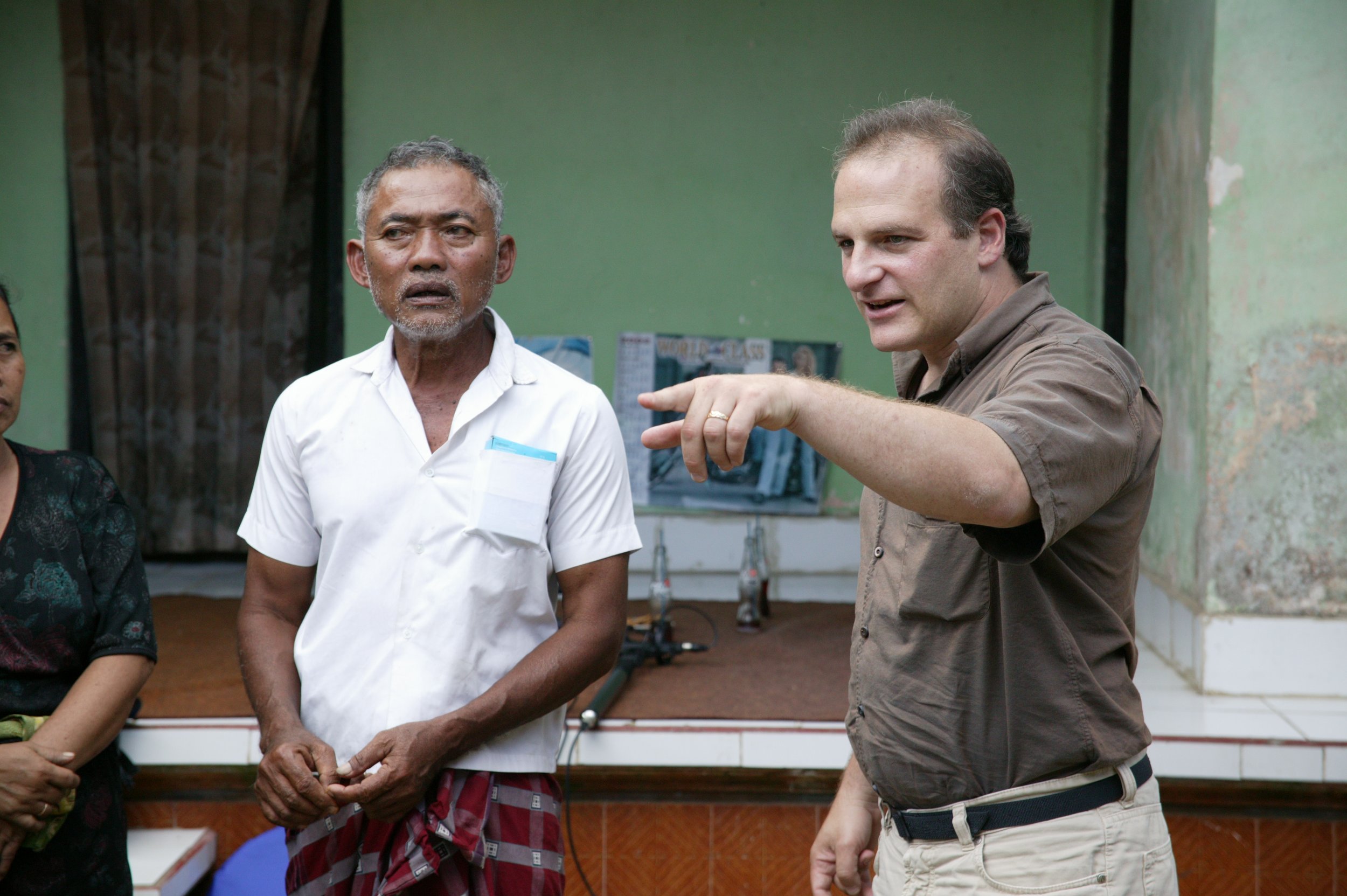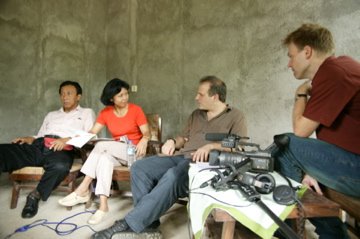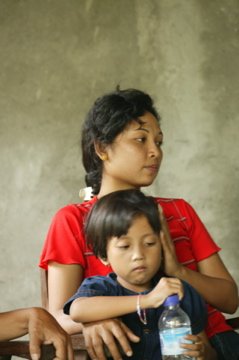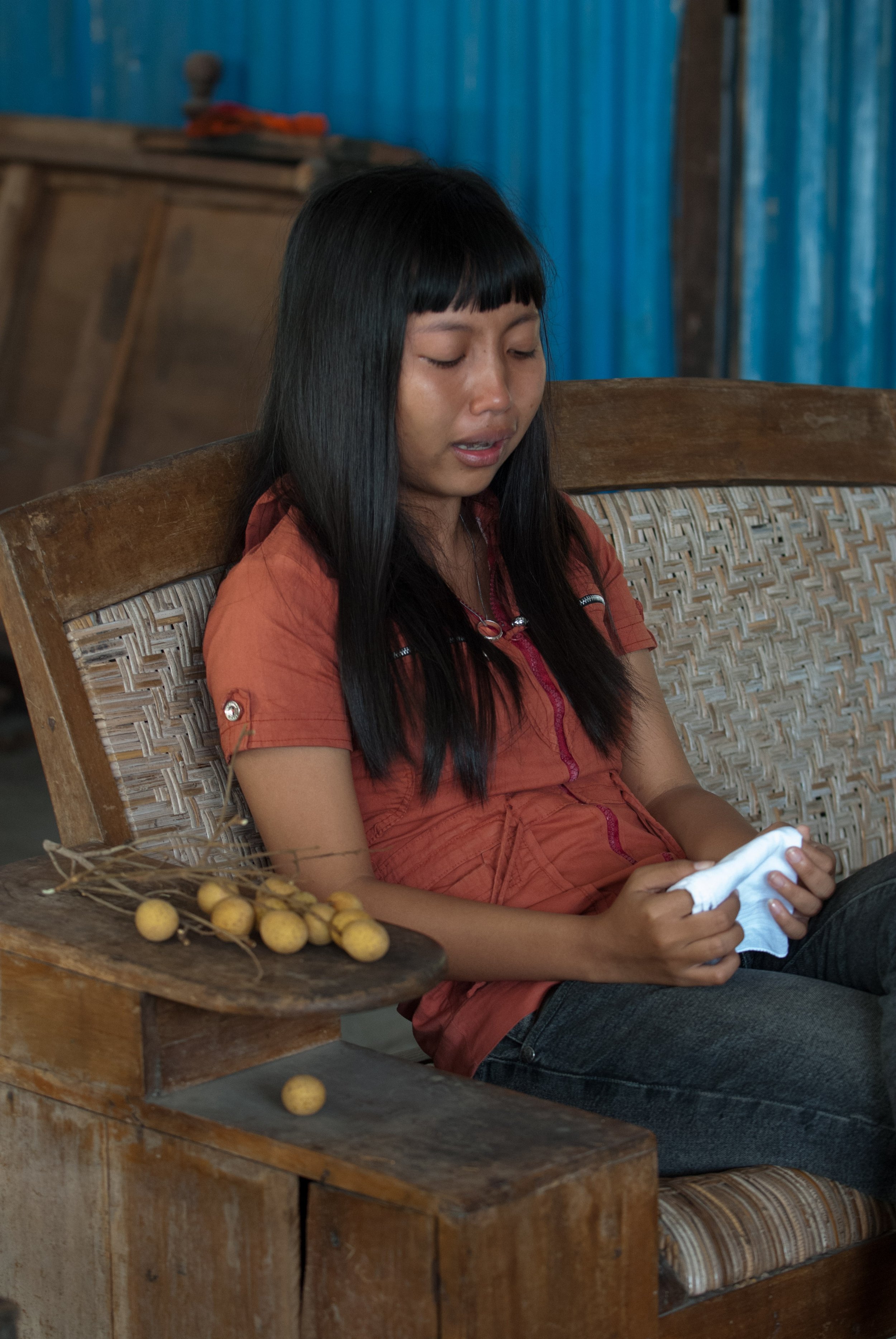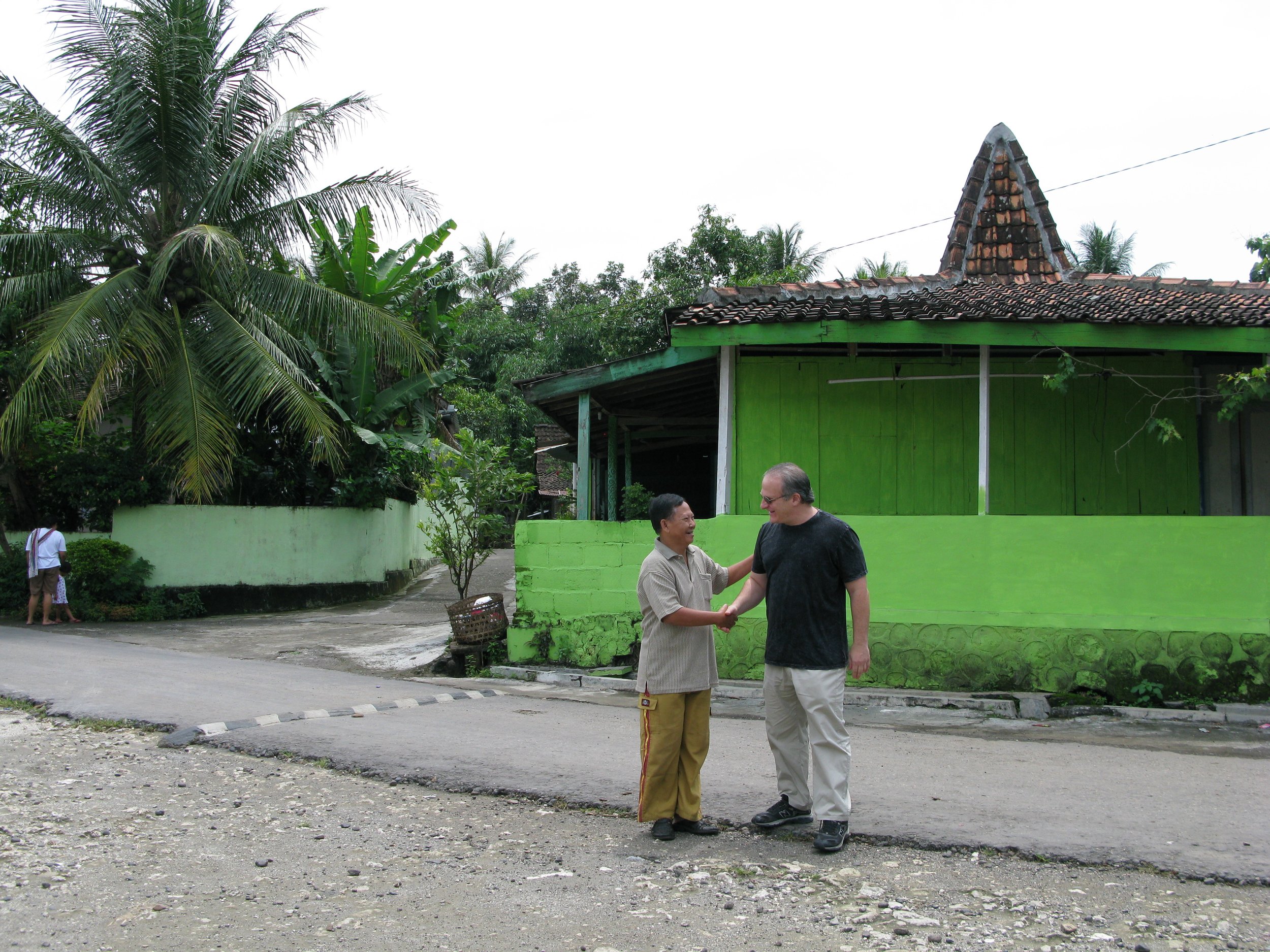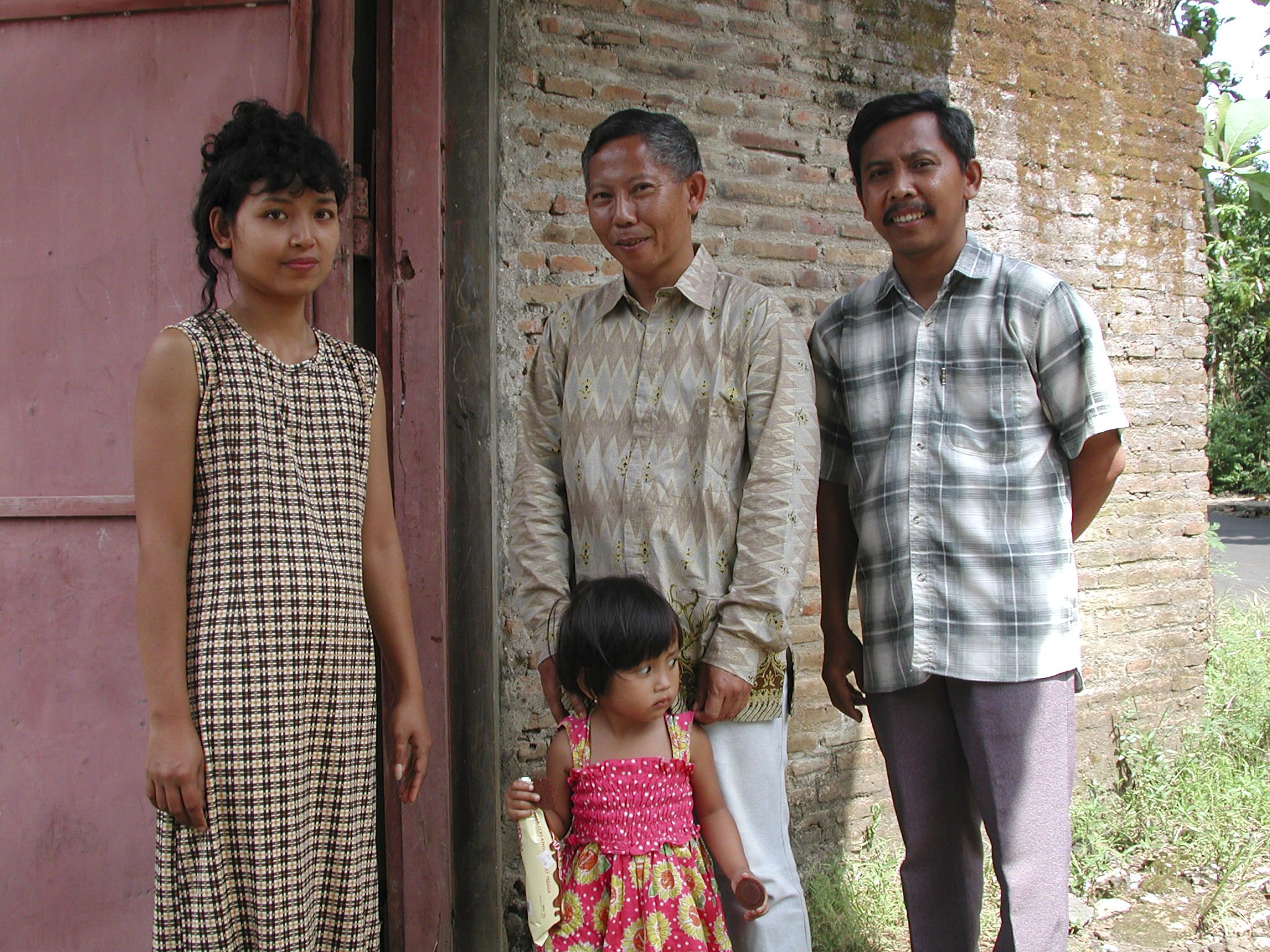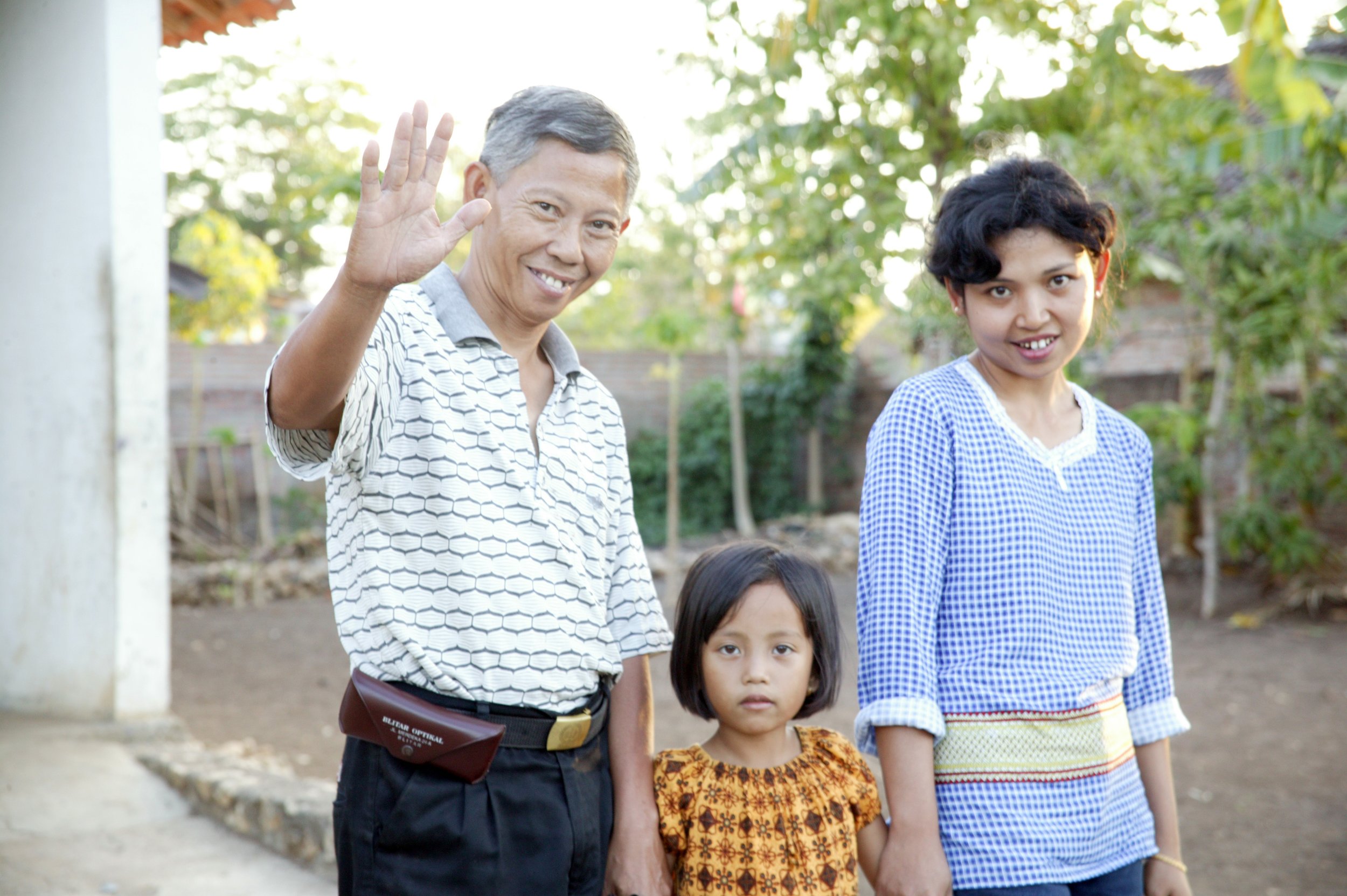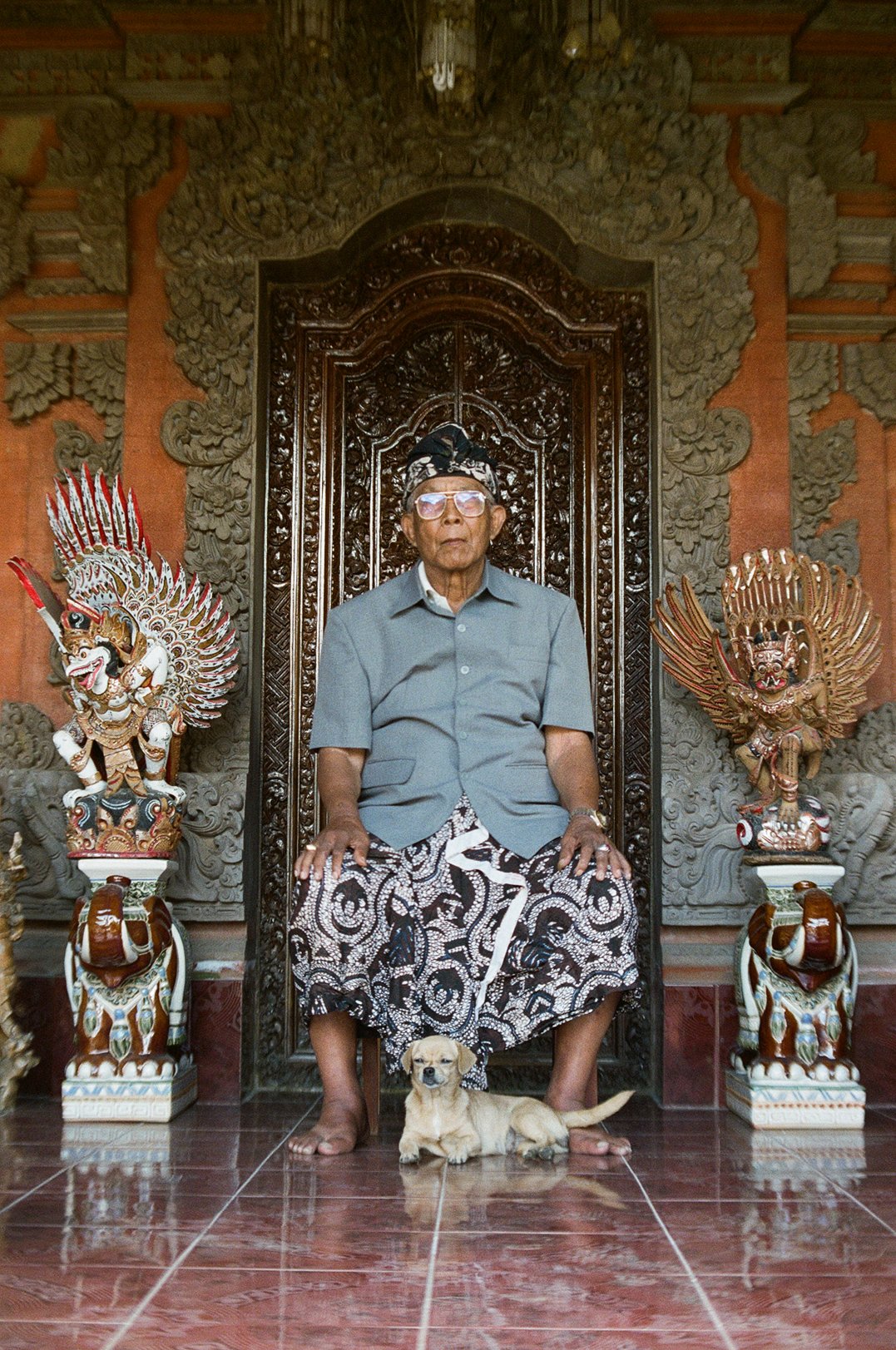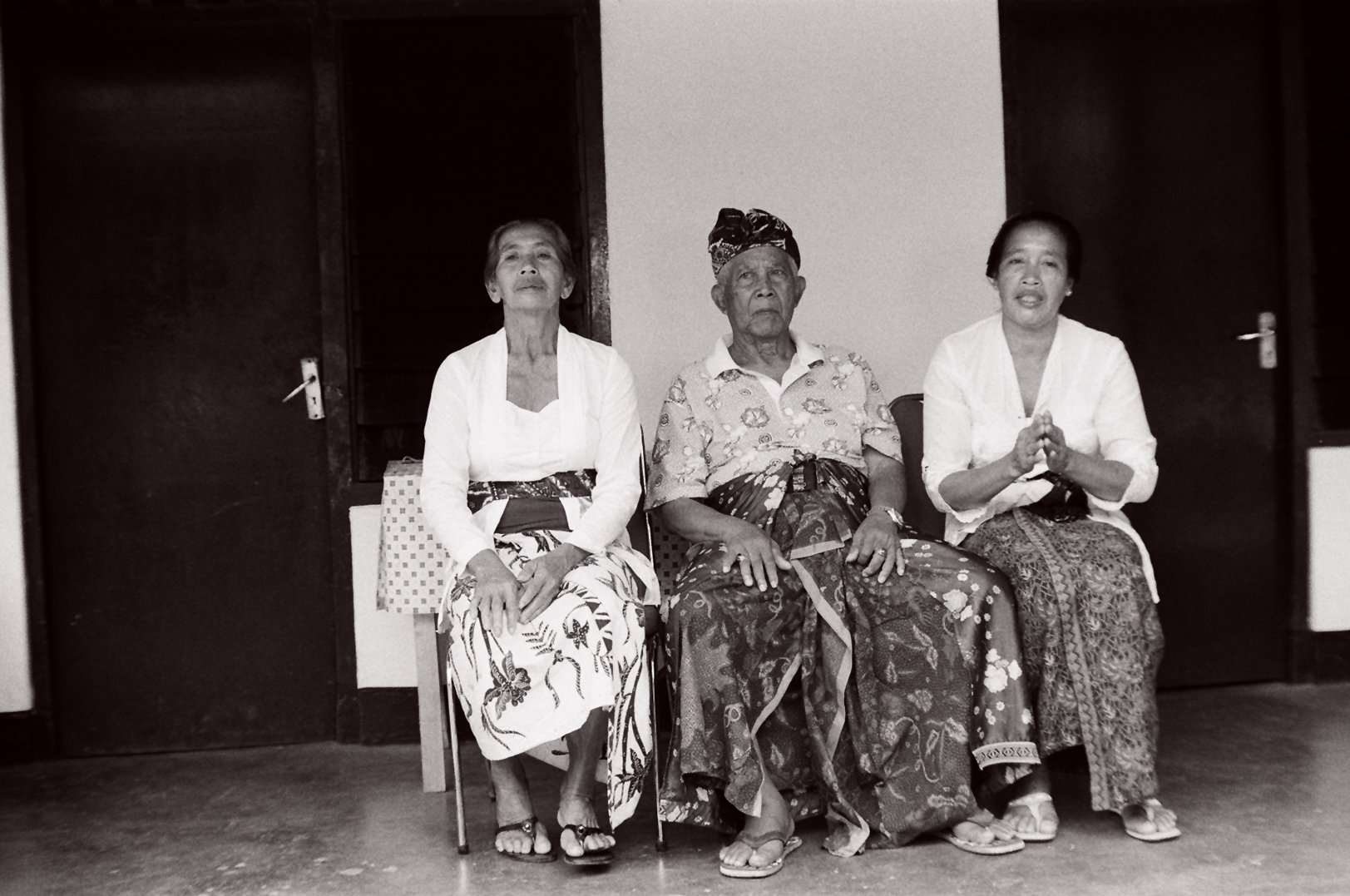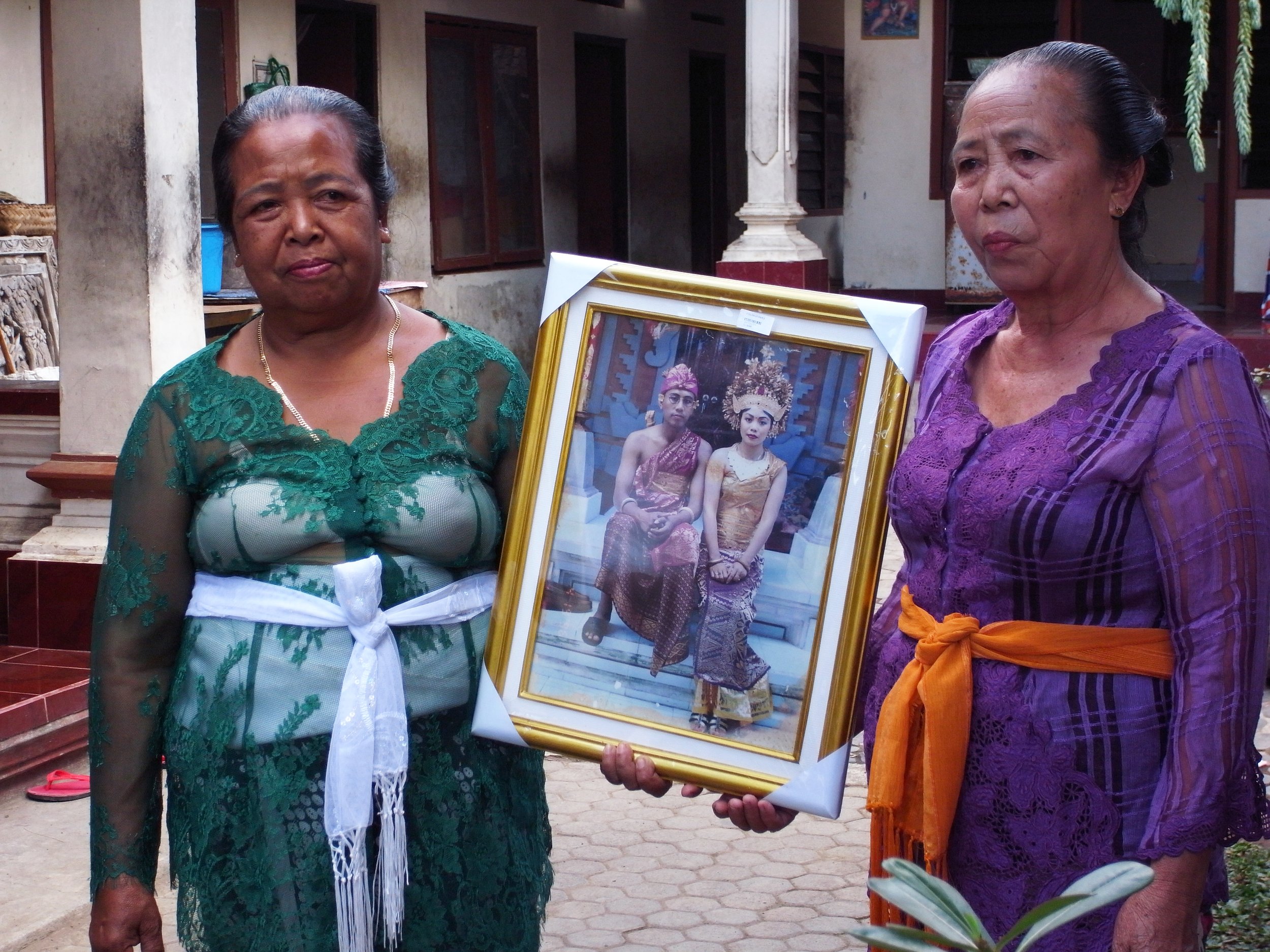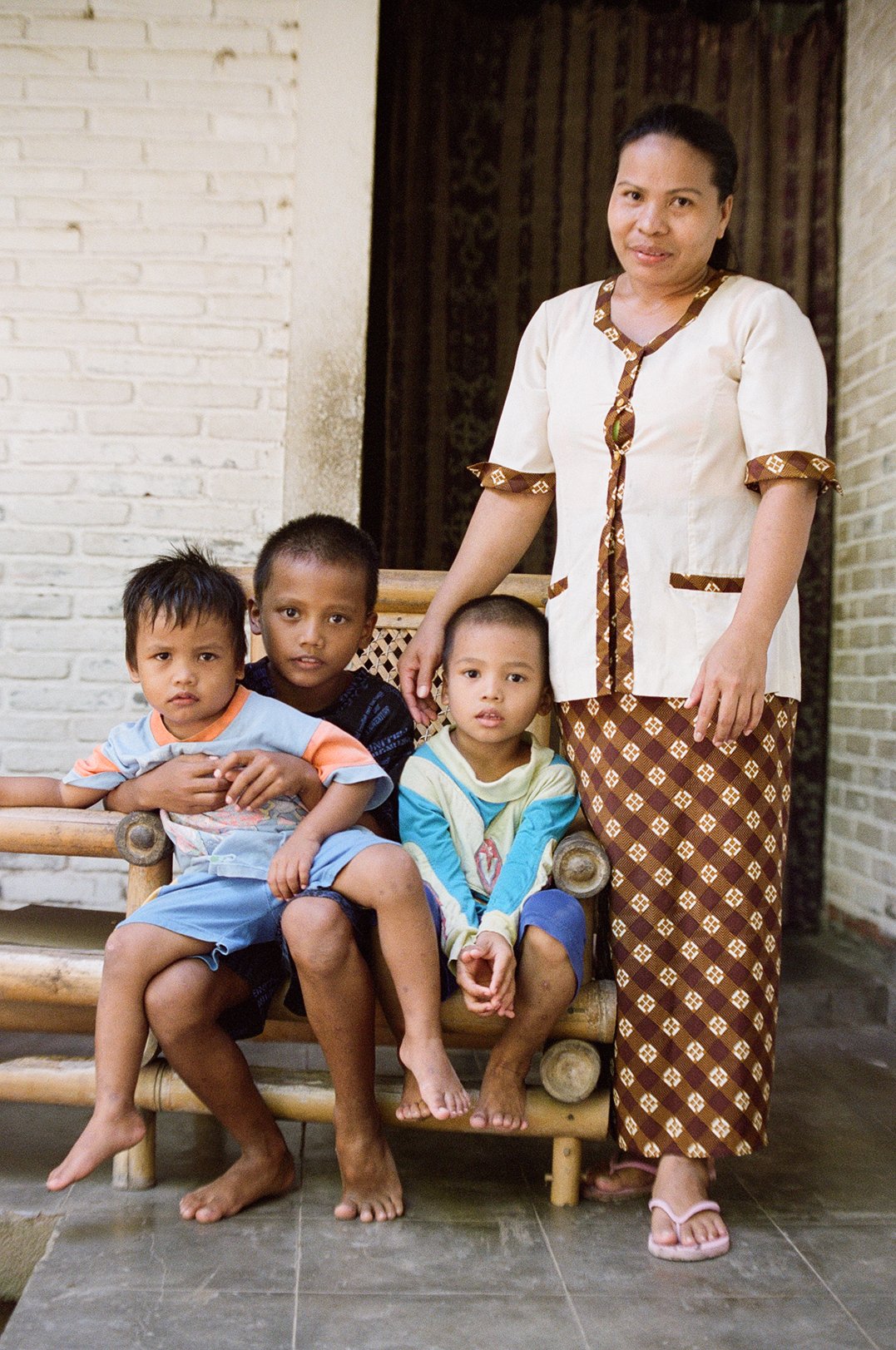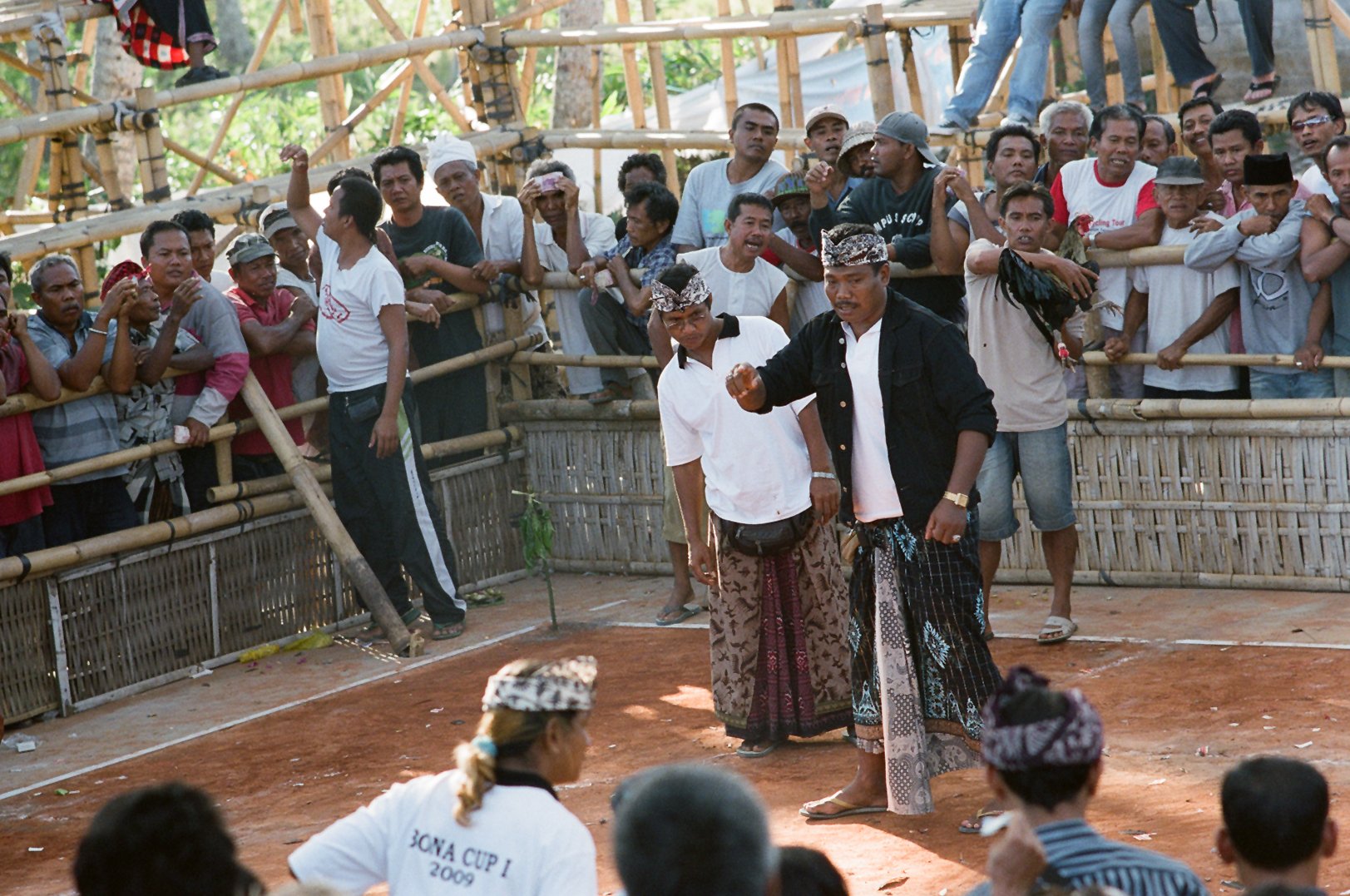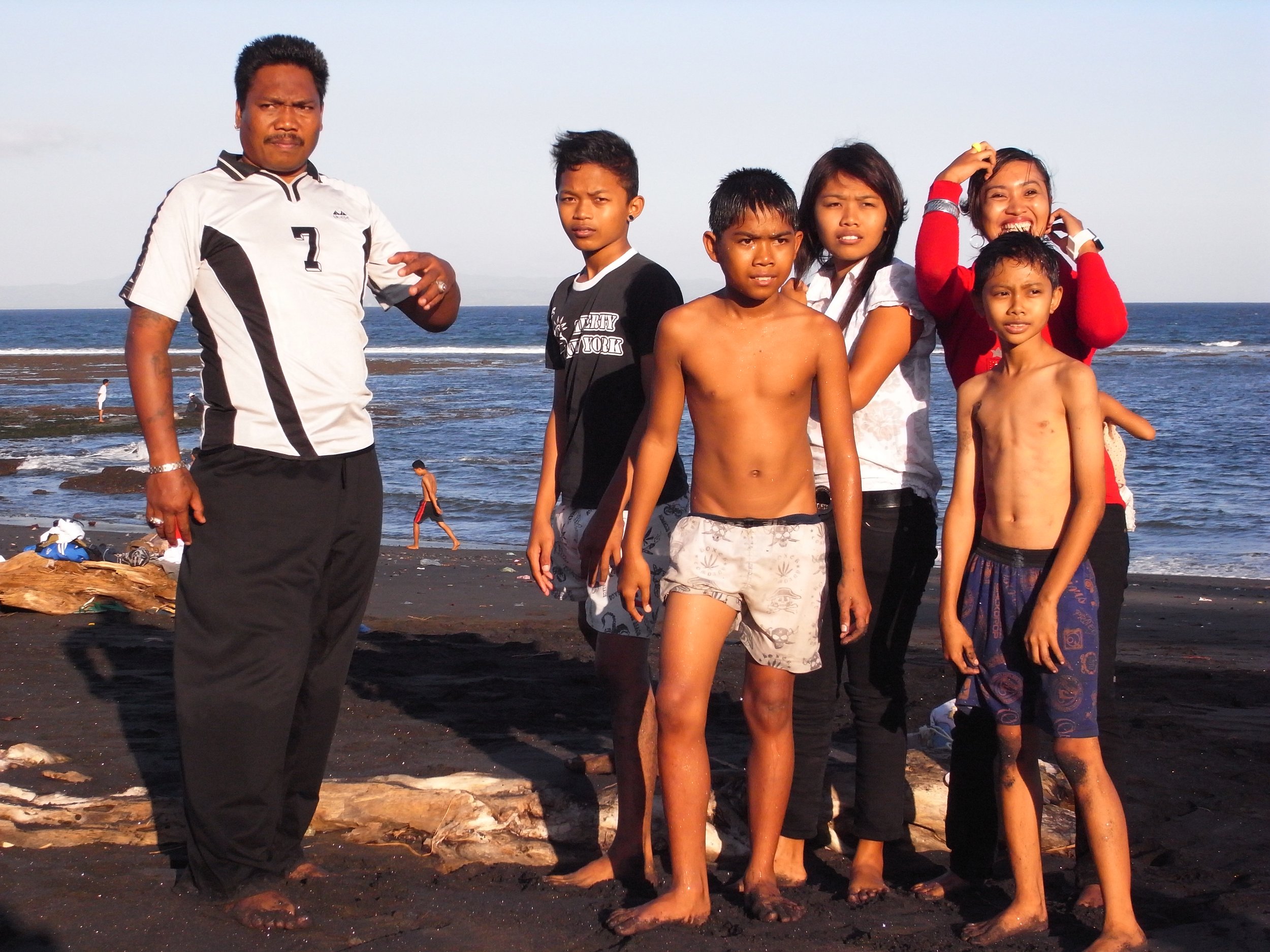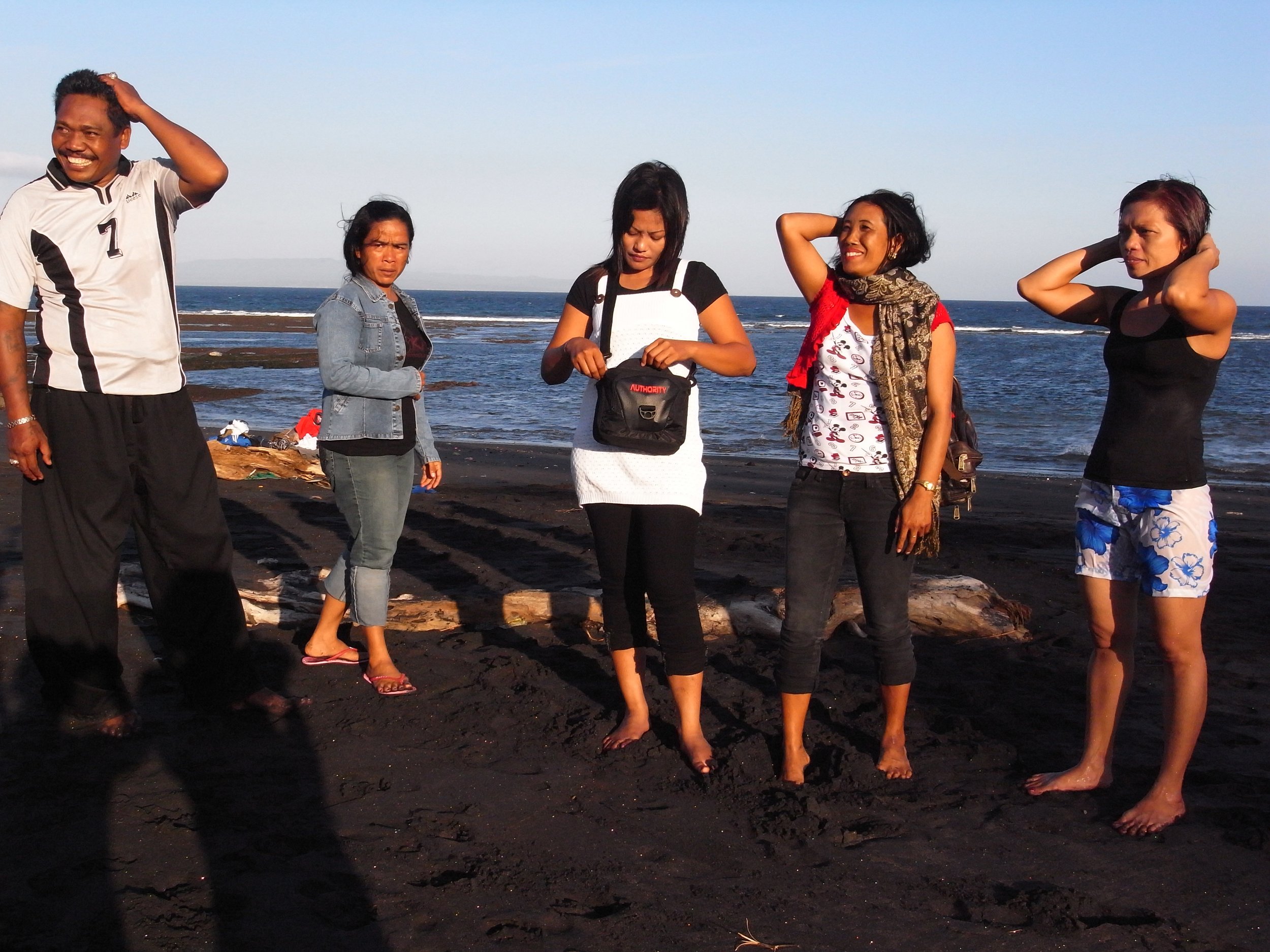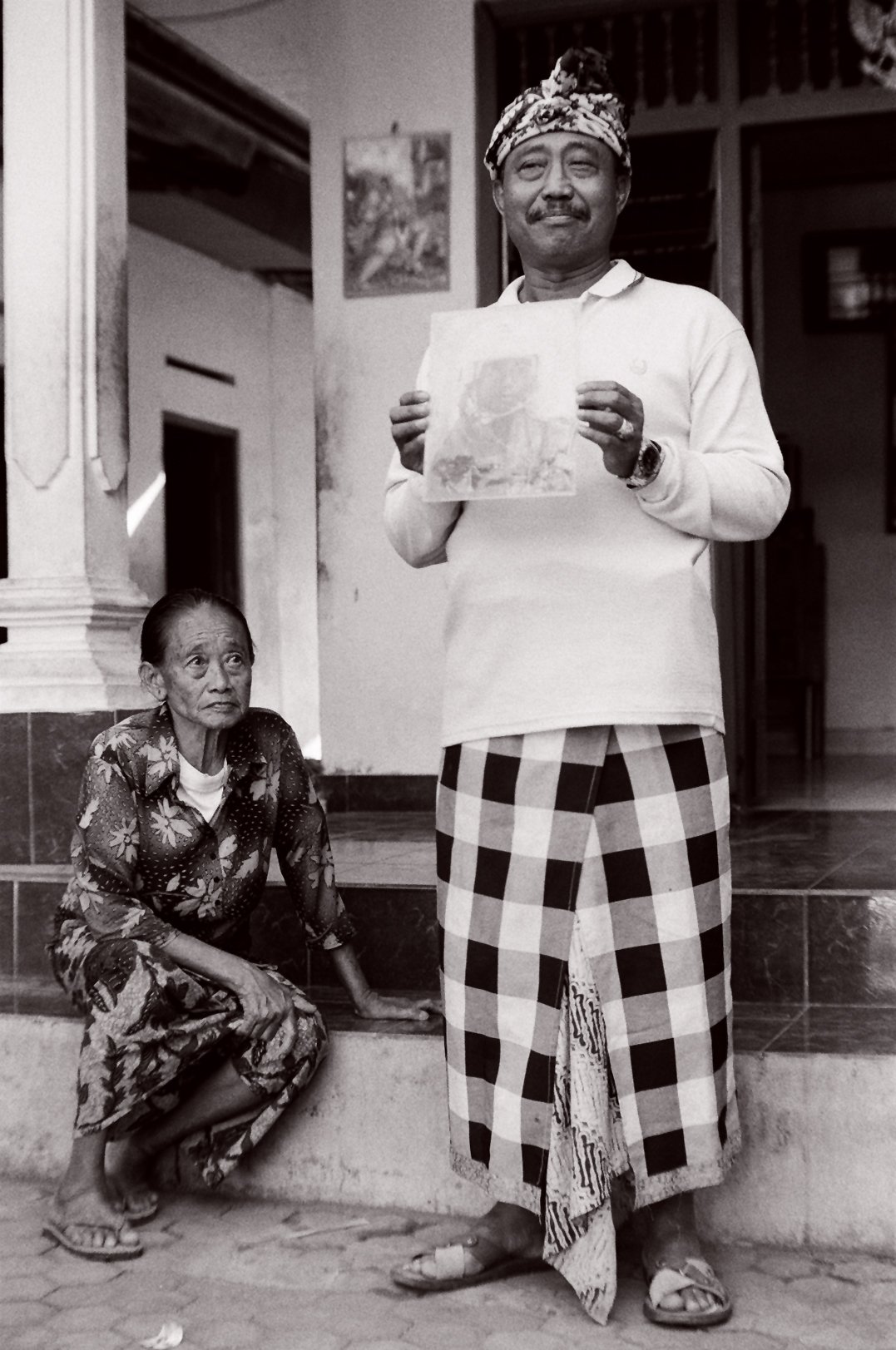This book uses visual psychological anthropology to explore trauma, gendered violence, and stigma through a discussion of three ethnographic films set in Indonesia: 40 Years of Silence (Lemelson 2009), Bitter Honey (Lemelson 2015), and Standing on the Edge of a Thorn (Lemelson 2012). This exploration “widens the frame” in two senses. First, it offers an integrative analysis that connects the discrete topics and theoretical concerns of each film to crosscutting themes in Indonesian history, society, and culture.
Additionally, it sheds light on all that falls outside the literal frame of the screen, including the films’ origins; psychocultural and interpersonal dynamics and constraints of deep, ongoing collaborations in the field; narrative and emotional orientations toward editing; participants’ relationship to their screened image; the life of the films after release; and the ethics of each stage of filmmaking. In doing so, the authors widen the frame for psychological anthropology as well, advocating for film as a crucial point of engagement for academic audiences and for translational purposes.
Rich with critical insights and reflections on ethnographic filmmaking, this book will appeal to both scholars and students of visual anthropology, psychological anthropology, and ethnographic methods. It also serves as an engrossing companion to three contemporary ethnographic films.
Part of the Culture Mind and Society Series
Provides a critical reflection on and companion to three contemporary ethnographic films, written by the filmmakers
Examines both the films and the processes of their production, integrating theoretical and methodological discussions
Advocates for film as a crucial point of engagement for academic audiences
The Society for Psychological Anthropology—a section of the American Anthropology Association—and Palgrave Macmillan are dedicated to publishing innovative research that illuminates the workings of the human mind within the social, cultural, and political contexts that shape thought, emotion, and experience. As anthropologists seek to bridge gaps between ideation and emotion or agency and structure and as psychologists, psychiatrists, and medical anthropologists search for ways to engage with cultural meaning and difference, this interdisciplinary terrain is more active than ever.
Reviews
“The authors offer background materials and theoretical discussions focusing on a trilogy of films about trauma, gender violence, and stigmatization. The films are heart-breaking, emotionally compelling, and beautifully presented, and this book provides crucial linkages to controversies about visual anthropology, cross-cultural psychiatry, and the representation of state and domestic violence.”
Chapters
Filming Trauma, Gendered Violence and Stigmatization
The origin stories of three ethnographic films made in Indonesia – 40 Years of Silence, Bitter Honey, and Standing on the Edge of a Thorn – reveal key concerns for the visual psychological anthropology (VPA) of trauma, gendered violence, and stigma. By incorporating theoretical and methodological approaches of psychological anthropology into visual practice, VPA widens the frame for these concerns in multiple ways. A more synergistic, sensory, and emotional approach to ethnographic filmmaking elicits greater viewer engagement, attunement, and empathy. A longitudinal, person-centered, and inductive praxis incorporates participant “excesses” to move beyond reductionist etic frames and capture subjectivities in the making. Finally, a reflexive ethos negotiates ethical questions of making films about “suffering subjects” from a position of privilege. Linked complementary and multimodal research presentation formats address context and analyses beyond the films.
Standing on the Edge of a Thorn: Stigmatization, Social Violence, and Sex Work in Central Java
The ethnographic film Standing on the Edge of a Thorn, which focuses on a central Javanese family, applies visual psychological anthropology methods to investigate ecological, cultural, and familial contexts for stigmatization and social violence. Over ten years in the making, the film explores how disparate but cascading vulnerabilities of mental illness, poverty, and gendered mores for courtship, marriage, and sexual behavior become intertwined with individual development and family dynamics over two generations. This leaves each individual member of the family, and the family as a unit, at risk. Mother, father, and daughter have different perspectives on the conundrums and contradictions they are faced with, including pregnancy out of wedlock, community marriage (nikah siri), involuntary sex work, vigilante justice and rape, parental abandonment, and the risk of sex trafficking.
Visual Psychological Anthropology in the Field
Field production of three ethnographic films 40 Years of Silence: An Indonesian Tragedy, Bitter Honey, and Standing on the Edge of a Thorn used longitudinal, person-centered interviews, a critical aspect of visual psychological anthropology (VPA) methodology. Culture plays an essential role in the process; specifically, the chapter illustrates how filmmaking praxis interacts with Javanese and Balinese psychocultural habitus of personal disclosure, presentation of self, and social interaction, particularly when addressing painful, embarrassing, or otherwise triggering incidents, feelings, or topics. Case study examples illustrate psychocultural strategies of managing or masking negative emotions, minimizing conflict, and maintaining harmony layered onto the paradoxes of psychological truth, the vagaries of memory, and the performativity of visual ethnography. Reflexive considerations of anthropologist subjectivity, the impact of the camera, and questions of how to depict the ethnographic encounter are also discussed.
40 Years of Silence: Generational Effects of Political Violence and Childhood Trauma in Indonesia
The ethnographic film 40 Years of Silence: An Indonesian Tragedy investigates the generational effects of political violence and childhood trauma experienced during the Indonesian mass killings and anti-communist purge of 1965 during the transition to Suharto’s New Order rule. The lived experiences of four individuals from Java and Bali, with different caste, gender and ethnic identities and religious affiliations are recounted using the person-centered approach of visual psychological anthropology. The chapter illustrates how the filmmaker’s ethnographic lens and willingness to engage in ongoing, deep collaborations widen understanding of trauma’s lingering effects beyond the Western clinical construct of PTSD. In addition, the chapter links psychosocial, “on-the-ground” realities of traumatic experiences and outcomes to national, historical, and cultural context.
Trauma, Gendered Violence, and Stigmatization: Tracing Themes Throughout the Three Films
An integrative analysis of three ethnographic films – 40 Years of Silence, Bitter Honey, and Standing on the Edge of a Thorn – theorizes connections between trauma, gendered violence, and stigmatization in Indonesian history, politics, and culture. The experience and embodiment of traumatic political events, such as the anti-communist purge of 1965, have been significantly shaped by gender. Meanwhile, ongoing experiences of gendered violence and stigmatization in Indonesia continue to interact in complex ways with the long-term effects of trauma. This chapter argues that trauma, gendered violence, and stigmatization coalesce under the overarching rubric of structural violence, in that violent events and stigmatizing dynamics occur within broader institutions of political oppression and discrimination, gendered laws and cultural practices, and the double-bind choices of poverty. These conditions engender precarity, often experienced as family loss, conflict, and destabilization.
Crafting Stories Using a VPA Approach
In editing ethnographic film, a visual psychological anthropology (VPA) approach calls for the theorized yet inductive process of narrative development, the necessary artifice of narrative shape, and an emphasis on participant emotional experience and viewer emotional response, despite the risks of attempting to bridge different cultural worlds of emotional expression. A comparative discussion of the three films – 40 Years of Silence, Bitter Honey, and Standing on the Edge of a Thorn – illustrates how these shared tenets lead to meaningful differences in film structure and style in terms of narrator (be it academic “expert,” cultural authority, or participant first-person), supporting visuals (such as archives, art, and symbolic imagery), and other techniques such as montage, soundtrack and diagetic music, and sound design.
Through an experience-near portrait of polygamy across three families and multiple generations, ethnographic film Bitter Honey applies visual psychological anthropology methods to highlight cultural influences on subjective experiences of gendered violence. The multimodal approach illuminates how the structuring effects of enduring Balinese patriarchal culture create conditions and affordances for the expression of male dominance. While domestic violence is not unique to polygamous marriages nor Balinese Hindu society, numerous Balinese cultural beliefs and practices impact the thoughts and behaviors of husbands, wives, and children in ways potentially detrimental to women’s physical safety and emotional well-being. Topics covered include gendered norms for courtship, sexual behavior and marriage; cultural frameworks for patrilineal decent (purusa) and kinship; beliefs about spiritual life, afterlife, fate and karma; and customary and national law.
Additional Psychocultural Themes
An integrative analysis of three ethnographic films – 40 Years of Silence, Bitter Honey, and Standing on the Edge of a Thorn – theorizes connections between trauma, gendered violence, and stigmatization in Indonesian history, politics, and culture. The experience and embodiment of traumatic political events, such as the anti-communist purge of 1965, have been significantly shaped by gender. Meanwhile, ongoing experiences of gendered violence and stigmatization in Indonesia continue to interact in complex ways with the long-term effects of trauma. This chapter argues that trauma, gendered violence, and stigmatization coalesce under the overarching rubric of structural violence, in that violent events and stigmatizing dynamics occur within broader institutions of political oppression and discrimination, gendered laws and cultural practices, and the double-bind choices of poverty. These conditions engender precarity, often experienced as family loss, conflict, and destabilization.
Ethical considerations are central to visual psychological anthropology (VPA), especially for work on trauma, gendered violence, and stigma, such as the three ethnographic films 40 Years of Silence, Bitter Honey, and Standing on the Edge of a Thorn. Representing the forces impinging upon our participants is not enough; these forces must be accounted for when structuring an ethical filmmaking environment. Theories and protocols of informed consent and amelioration of harm during planning, production, post-production, and film distribution are discussed, as well as unanticipated and ethically complicated developments along the way. The medium of film ethnography may ultimately require different configurations of consent than writing, due to higher levels of participant exposure and simultaneous greater accessibility. Ultimately, in such collaborations, the challenge is to ensure that film participants, as stakeholders, assert their agency throughout the filmmaking process.
Gallery
Authors
Robert Lemelson, Ph.D.
Robert Lemelson is Associate Adjunct Professor of Anthropology at the University of California, Los Angeles, USA, Founder and Director at Elemental Productions, and Founder and President of The Foundation for Psychocultural Research.
Annie Tucker, Ph.D.
Annie Tucker is Lecturer at the University of California, Los Angeles, USA, and Senior Researcher at Elemental Productions.







